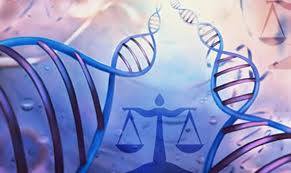BIOETHICS IN CLINICAL TRIALS

The participation of a human being in a clinical trial generates a potential situation of vulnerability in which his/her rights must keep clearly protected. It is necessary that any medical investigation, which involves the human persons study, complies with several ethics requirements stablished in The Helsinki Declaration. All clinical trial protocol should be evaluated by an independent agency whose main objective is to care for clinical trial subjects rights, safety and welfare: The Clinical Research Ethics Committee.
The United States Conference built in the sixty´s the named “National Commission for the Protection of Human Subjects of Biomedical and Behavioral Research ”. In 1978, this commission made a document, Belmont Report, which collects bioethics fundamental: Justice, Non-maleficence, Beneficence and Respect for autonomy.
Helsinki Declaration was written by the World Medical Association in 1964, it was the first document which proposed criteria and steps in order to protect subjects who are enrolling in biomedical investigation, several updates have been made, the last one was carried out in Fortaleza, Brazil. Its core principles consist in the need of clinical trial protocol must be approved by an Ethic Committee and the need of obtaining the inform consent form before subject enrolling.
The concern about Ethics in Clinical Research is increasing more and more. Directions about how carrying out any clinical investigation are been stablished with more accuracy because of there are more experts of different knowledge fields involved and are willing to share their point of view.
As can be seen in this publication: https://www.nejm.org/doi/full/10.1056/NEJMms1603756, ethics values are constantly changing over time and always there are interests involved which led carrying out a clinical research without complying Helsinki Declaration or another ethic directions. Due to all this, Bioethics has become an essential aspect that always leads to debate.
For more information:
http://www.ethics.org.au/on-ethics/blog/august-2017/thomas-beauchamp-james-childress-medical-ethics



